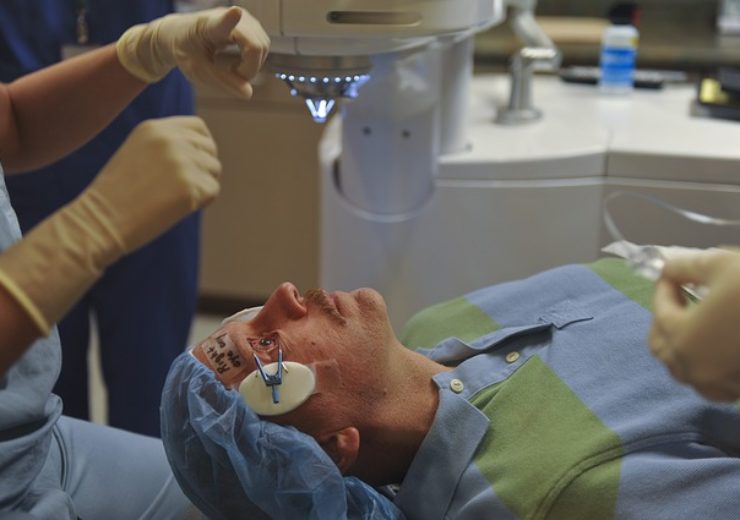Israel's Ministry of Health has approved the clinical trial including 10 corneally blind patients who are not candidates for, or have failed one or more corneal transplantations

CorNeat Vision will implant the first human with CorNeat KPro in Israel. (Credit: skeeze/Pixabay.)
Ophthalmic medical device company CorNeat Vision has received approval to initiate a clinical trial of its CorNeat KPro, a synthetic cornea designed to bio-integrate with the eye wall, at Beilinson Hospital in Israel.
Israel’s Ministry of Health has approved the clinical trial, which includes 10 corneally blind patients who are not candidates for, or have failed one or more corneal transplantations.
The medical device firm said that the first-in-human implantation of its CorNeat KPro is planned to be led by Beilinson Hospital ophthalmology department director Irit Bahar.
In addition, the company intends to conduct the clinical trials at additional sites, including eight hospitals in Canada, the US, France, China and the Netherlands, later in 2020.
Beilinson Hospital ophthalmology department director Irit Bahar said: “We are delighted to take an active part and be the first to implant CorNeat Vision’s novel synthetic cornea.
“The technology behind this implant, which enables to permanently and bio-mechanically attach synthetic materials to live human tissue, is key in turning the tide on global corneal blindness. The fact that this new device integrates with the eye wall also enables an aesthetic solution as it includes a lens which closely resembles the original cornea.”
CorNeat KPro is an artificial cornea that replaces deformed, scarred or opacified corneas
CorNeat KPro is an artificial cornea, designed to replace deformed, scarred or opacified corneas and is capable of rehabilitating the vision of corneally blind patients immediately after implantation.
The device features a lens, which provides optical quality that is equivalent to a perfect cornea, and integrates with resident ocular tissue through an advanced and patented synthetic non-degradable nano-fabric skirt placed under the conjunctiva.
The company said that its CorNeat KPro provides a long-term medical solution for corneal blindness, pathology and injury, and is associated with a relatively simple surgical procedure to provide an effective, safe, and affordable remedy for people with cornea-related visual impairments.
CorNeat Vision chief medical officer Gilad Litvin said: “We are extremely excited for the CorNeat KPro first-in-human implantation. Following rigorous pre-clinical testing and successful animal trials, we feel confident moving on and proving our device’s safety and efficacy in humans.
“Our device’s implantation procedure, which has been developed and perfected in the past four years, does not rely on donor tissue, is relatively simple and takes less than an hour to perform. We expect it will enable millions of blind patients around the world, even in areas where there is no corneal practice nor culture of organ donation, to regain their sight.”
